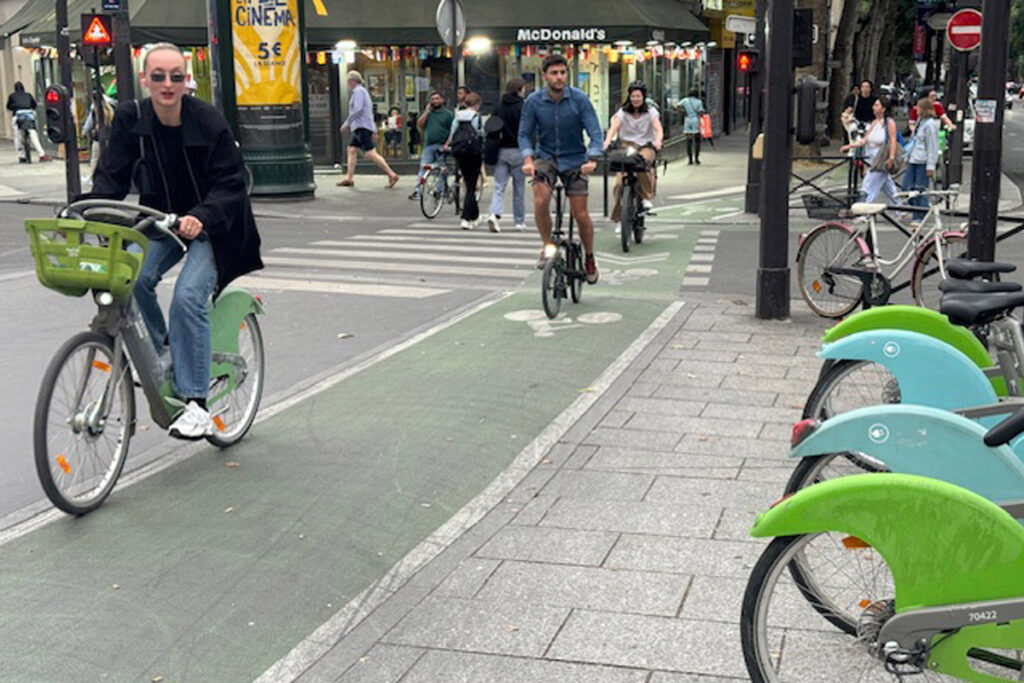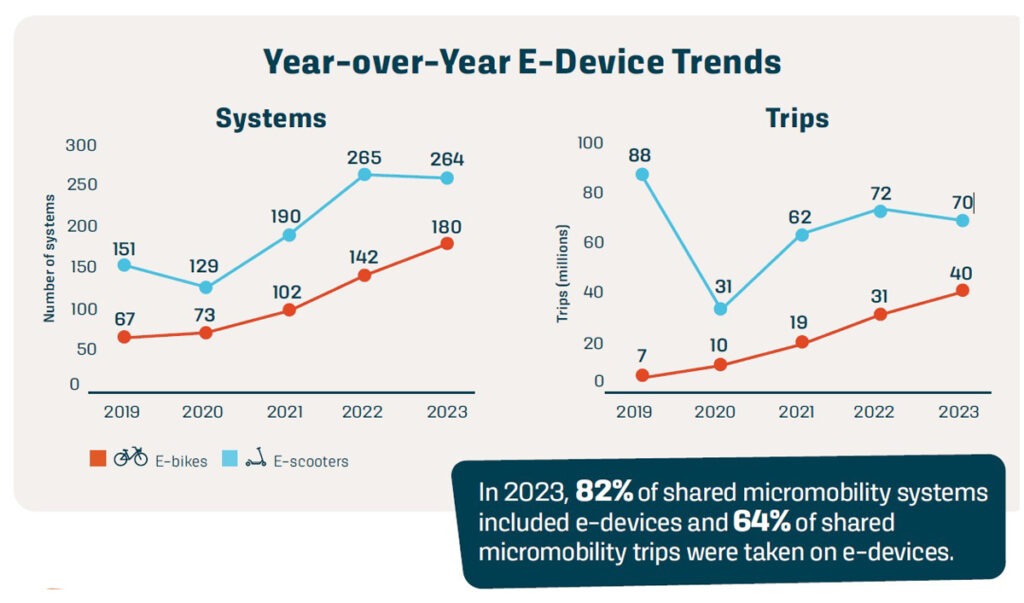World News Briefs – December 2024

Paris Restricts Through-Traffic in City Center
A long-planned ban on private cars driving through the heart of the French capital is the latest part of Mayor Anne Hidalgo’s campaign to cut pollution and congestion.
Back in May 2021 authorities floated a plan to establish a Zone à Trafic Limité — “Limited Traffic Zone,” or ZTL for short — banning private cars from driving into the city’s four most central arrondissements if their final destination lies outside the ZTL zone, which covers five square kilometers. Between 175,000 to 250,000 through-journeys are made through this area every day; authorities hope to cut that figure at least in half.
The ban does not apply to the cars of residents within this area. It includes motor vehicles, trucks and motorcycles but bicycles and scooters are exempt.
This new measure came into effect from Monday 4th November 2024. For the first months offenders will only be given warnings and education about the new rules. Eventually there will be fines of up to £135 (A$220) for offenders.
New UK Government Reverses Previous Funding Cuts
On 4th July 2024 the Labour Party (UK) swept into government in the United Kingdom with a landslide majority, ending 14 years of government by the Conservative Party that saw five prime ministers come and go.
Under the third of these five Prime Ministers, former Lord Mayor of London Boris Johnson, funding for cycling and active travel infrastructure was dramatically boosted, along with the creation of a new oversight body, Active Travel England. But in the dying years of the Conservative Party government under Prime Minister Rishi Sunak, policy shifted sharply away from active travel towards motoring, including sharp criticism of London’s Low Traffic Neighbourhoods (LTN) program, a car-centric “Plan for Drivers” and a drastic 75% cut of cycling infrastructure funding from £200 million per year (A$390 million) to £50 million per year (A$97.5 million).
After an initial quiet period, Labour’s new Secretary of State for Transport Louise Haigh made some very promising remarks regarding active travel in this interview with the Streets Ahead podcast. But of course, talk is cheap and the acid test is budget allocations.
Labour’s first budget since assuming office was presented on 30th October 2024 by Chancellor of the Exchequer Rachel Reeves and there were at least a few promising signs of a change in active travel policy compared to the previous government. The cycling infrastructure budget was tripled from £50 million per year to £150 million per year (A$292 million).
Cycling UK praised the increase but said it was disappointed to see that the duty on fuel was frozen for the 13th consecutive year, meaning it had fallen in that time in real terms.
Bike and Scooter Share Grows to Record Levels in North America
The North American Bikeshare and Scootershare Association (NABSA) recently released detailed data that covers the USA, Canada and Mexico.
It shows that in terms of both total systems and trips, 2023 was a record year in total for bike and scooter share, and the first year that rides climbed back above the previous record set in pre-covid 2019.
Here is a brief summary from their comprehensive 5th annual State of the Industry Report that was recently published.
421 cities had at least one bikeshare or scootershare system, an increase of 5% over 2022. 115 cities had both. Of the 421 cities, 371 were in the USA, 41 in Canada and 9 in Mexico.
The total fleet was 280,000 vehicles on which 172 million trips were taken. This gives an overall average of 614 rides per vehicle per year or 1.68 rides per vehicle per day. These rides saved approximately 37,000 tonnes of CO2 emissions.
The leading reasons for customers hiring shared scooters and bikes were:
31% Social activities, entertainment and dining out.
26% Exercise and recreation
25% Riding to work or school
18% Shopping, errands and appointments.
(the total adds up to more than 100% because respondents could choose more than one option)

Within the bike and scooter share market, e-power assist devices are growing both in terms of absolute numbers, total trips taken and the proportion of all trips taken compared to non e-assist devices.
You can see the full report, plus more about NSBSA here.
Bikeshare Up, Scootershare Down in Europe
According to the latest data published by research firm Fluctuo, bikeshare grew strongly year on year from Q3 of 2022 to Q3 of 2023 but scootershare fell.
Bikeshare was up 20% year on year in ridership and 11% in fleet size. Dockless fleets grew slightly faster at 12% but there are still more docked bikes (100,000) compared to dockless (90,000). Docked bikes are also ridden more at 3.6 rides per bike per day vs 2.1 rides per bike per day for dockless share bikes.
Paris was the number one city in Europe for docked bikes with 3,900,000 average trips per month (130,000 trips per day) followed by Barcelona and London. In Paris, Velib is the exclusive docked bikeshare provider with a fleet of 18,000 bikes in September 2023. There were also 18,000 dockless bikes comprising three fleets, run by Dott, Lime and Tier.
London was the leader for dockless ridership at 2,000,000 average trips per month (66,666 trips per day) followed by Paris and Copenhagen.
Meanwhile scootershare ridership fell 14% year on year and ridership fell by 9%, in part because of the ban implemented by Paris which saw 15,000 share scooters removed from that city. In the month after share scooters were banned, bikeshare ridership more doubled, although the total number of trips is still slightly lower now that there are no scootershare trips.
The number one city was Berlin at 1,900,000 trips per month (63,333 per day) followed by Brussels and Hamburg.
Scootershare ridership is more seasonal than bicycle, with a three to one variation from the winter low to the summer high of scootershare rides, compared to less than a two to one maximum seasonal variation for shared bikes.

Well done!